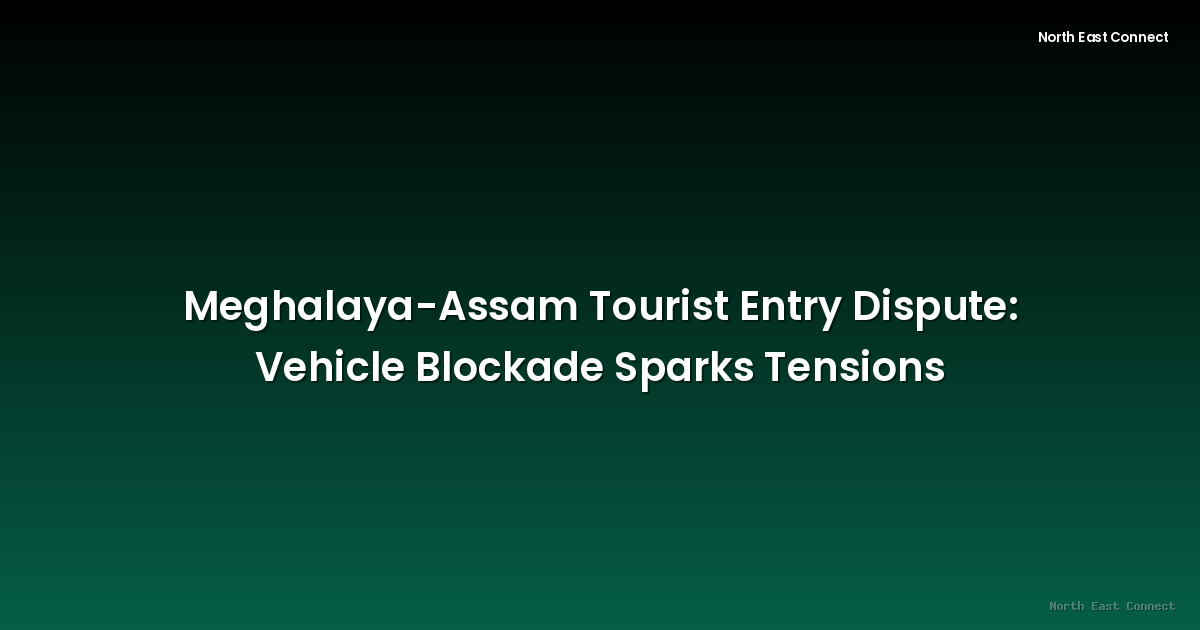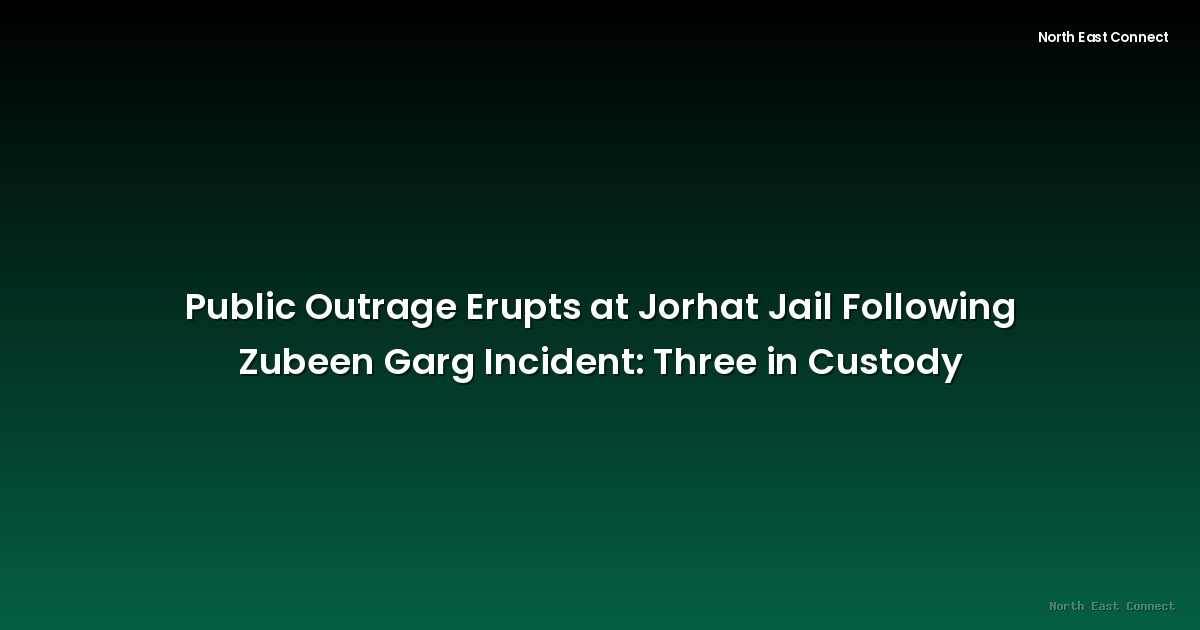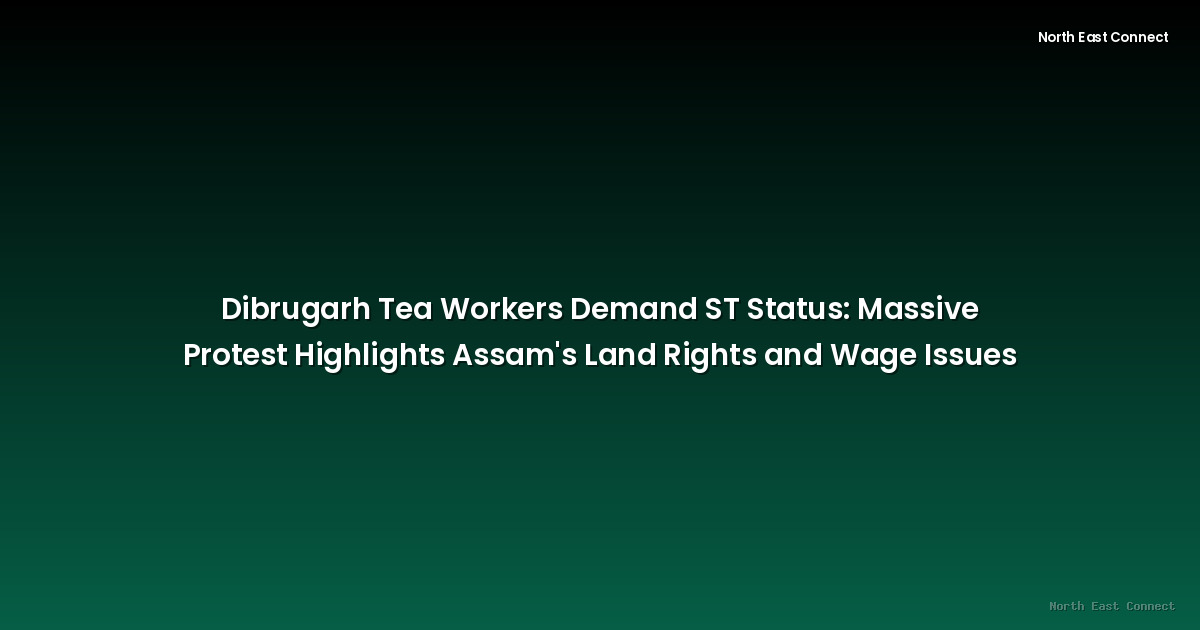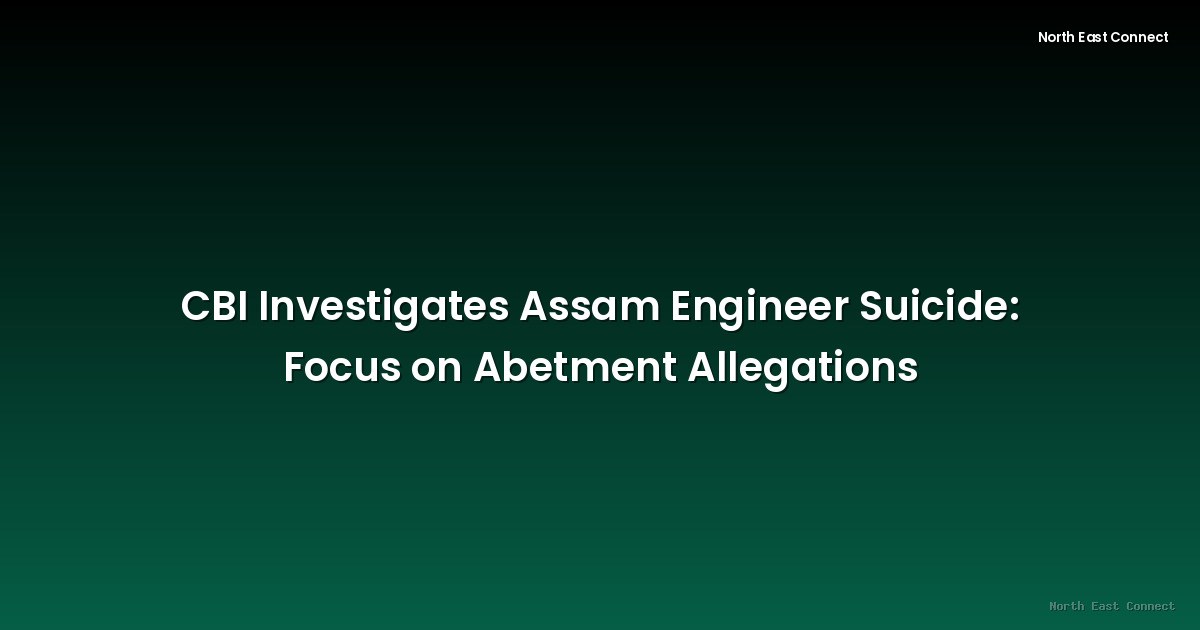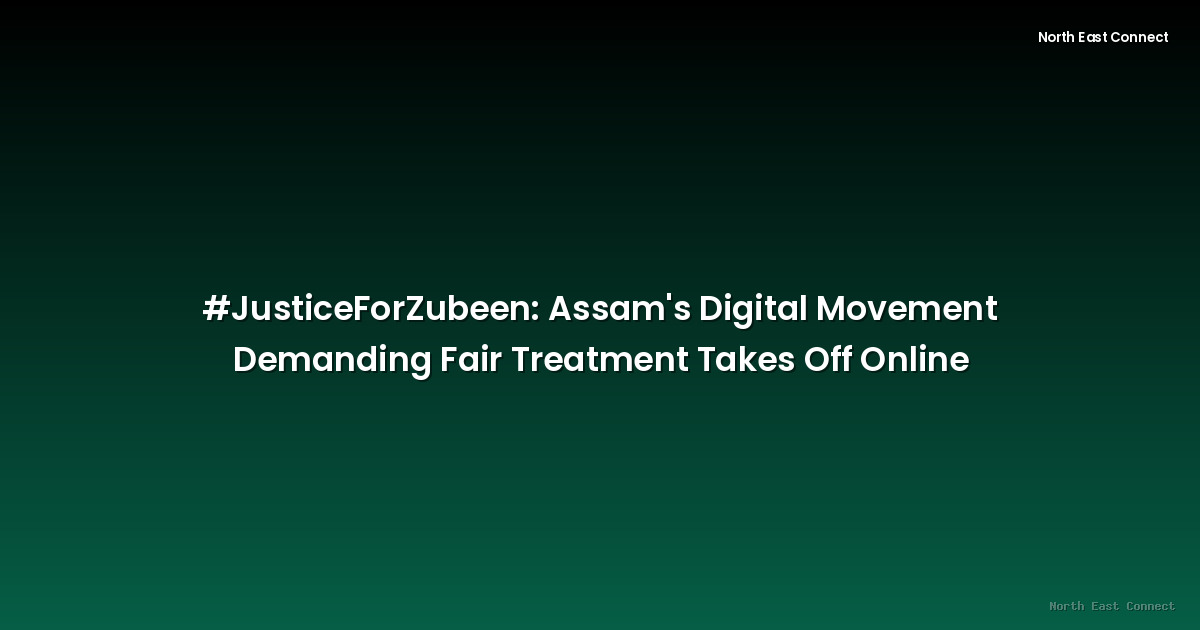2025-09-09 · News
Recent developments along the Meghalaya-Assam border have highlighted a growing dispute over tourist entry regulations, leading to heightened tensions between the two states. A vehicle blockade initiated by Assam has sparked a strong reaction from a Meghalaya-based organization, further exacerbating the situation.
The crux of the conflict lies in differing interpretations and implementations of rules governing tourist access to areas bordering both states. While details surrounding the specific regulations remain somewhat unclear publicly, the blockade represents a significant escalation of the disagreement. The implementation of the blockade by Assam has effectively disrupted the flow of vehicles, impacting transportation and potentially tourism in the affected region. This action has caused significant inconvenience and economic disruption.
The Meghalaya-based organization has issued a strongly worded condemnation of the vehicle blockade, citing the disruption to trade and tourism as unacceptable. Their statement emphasizes the importance of resolving the issue through dialogue and cooperation rather than resorting to actions that hinder economic activity and regional harmony. The organization's criticism underscores the deep concern over the negative impact on local communities that depend on tourism and cross-border trade for their livelihoods.
The lack of clear, publicly available information regarding the specific regulations at the heart of the dispute highlights a need for greater transparency between the two states. This transparency would help to alleviate misunderstandings and potentially prevent future escalations. The current situation underscores the urgent need for open communication and collaborative efforts to find a mutually acceptable resolution.
The incident raises concerns about the broader implications of unresolved border disputes and differing regulations. The potential for similar conflicts to arise in other areas along the states' shared border is a considerable factor requiring attention from both state governments. Sustainable solutions are essential to guarantee the smooth functioning of regional trade and tourism activities. A lack of proactive and constructive dialogue could further complicate the situation, potentially leading to more significant disruptions in the future.
The ongoing dispute highlights the need for strengthened inter-state cooperation and communication. Both Meghalaya and Assam governments need to establish effective communication channels to address such disagreements promptly and avoid unnecessary escalation. A collaborative approach, emphasizing open dialogue and mutually beneficial solutions, is crucial for maintaining regional stability and fostering positive relations. Finding a common ground that respects the concerns of both states and protects the interests of local communities is paramount. The current situation serves as a stark reminder of the importance of proactive conflict resolution in managing inter-state relations in Northeast India. The potential for tourism to be significantly negatively impacted emphasizes the need to prioritize a speedy and fair resolution.

